
by Eric Price | Aug 7, 2020 | Airlines, American, COVID, Featured, Featured News, Front Page, Organizing, Row 2, Uncategorized, United, Video
A Conversation With New President of Phoenix’s Local 2559, Don Carbonneau. Brother Don Carbonneau talks about Sky Harbor Lodge and the job of being a Local President during the pandemic. Brother Don Started his airline career in 1996 at America West Airlines,...
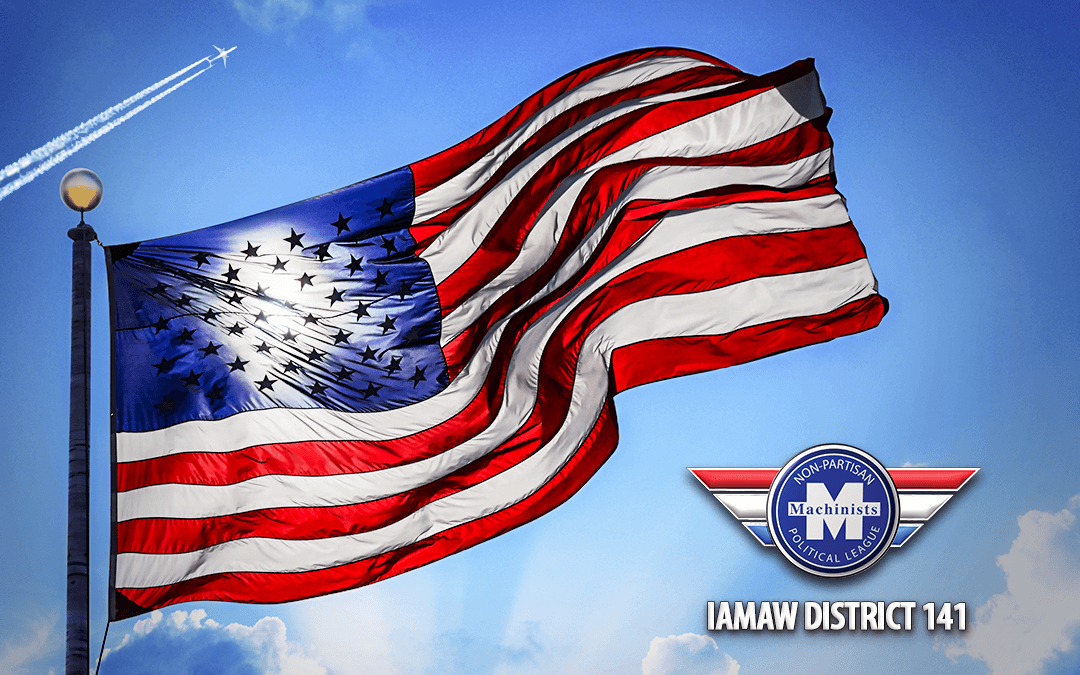
by Eric Price | Aug 6, 2020 | Airlines, American, COVID, Featured, Featured News, Front Page, MNPL, Organizing, United
A group of 16 Republican Senators sent a letter to Senate leaders supporting a measure that would provide $25 billion in additional payroll assistance to airlines. President Trump has endorsed the plan, clearing the way for an extension of the Payroll Support Program,...
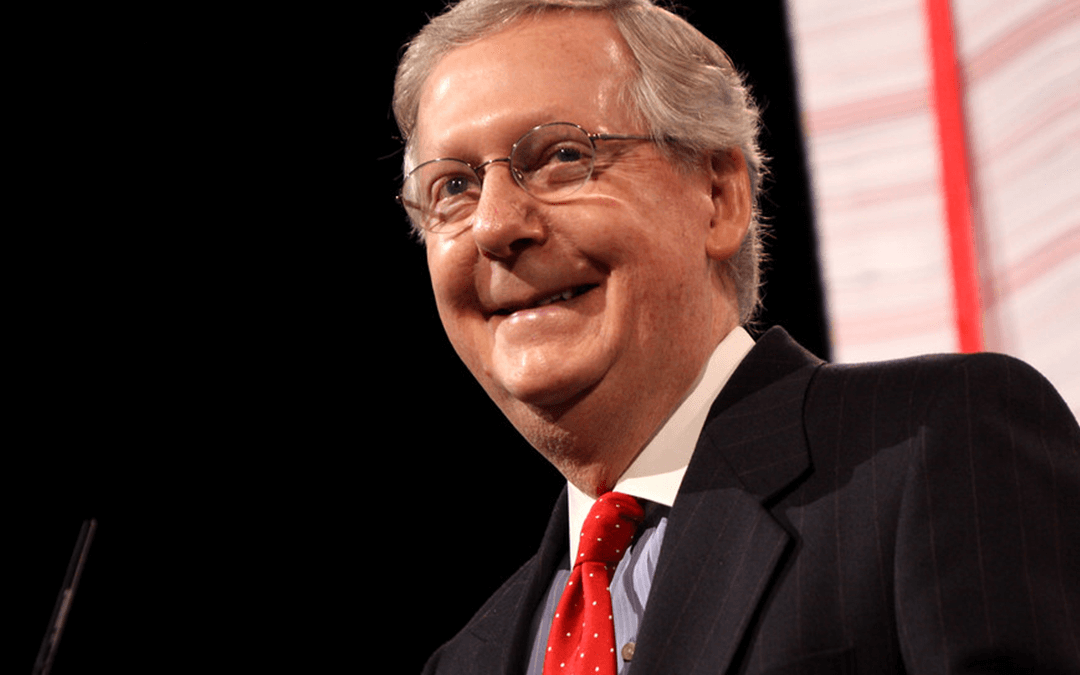
by Eric Price | Aug 3, 2020 | Airlines, American, COVID, Featured News, Front Page, GOIAM Stories, MNPL, Philippine, Row 2, Spirit, Uncategorized, United
The GOP has released the details of their latest COVID-19 relief legislation named the “HEALS Act.” The proposed legislation not only cuts unemployment benefits to the 20 to 30 million Americans who are currently out of work, but falls short in just about every area...
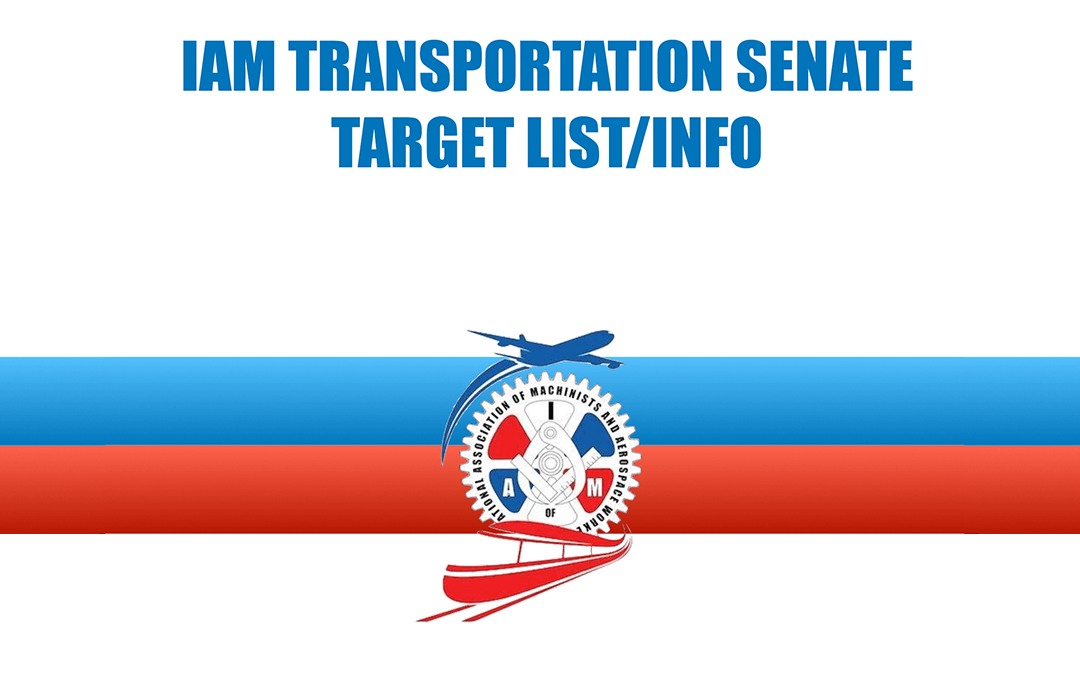
by Eric Price | Jul 30, 2020 | Airlines, American, Community Service Page, COVID, Featured, Featured News, Front Page, Hawaiian, Home, Mail Only, MNPL, Organizing, Philippine, Row 2, Spirit, United
Sisters and Brothers, As you know, Congress is currently negotiating another stimulus bill to address the economic impact of the coronavirus pandemic. I will be first to admit I didn’t think we had a chance to get an extension of the Payroll Support Program (PSP),...
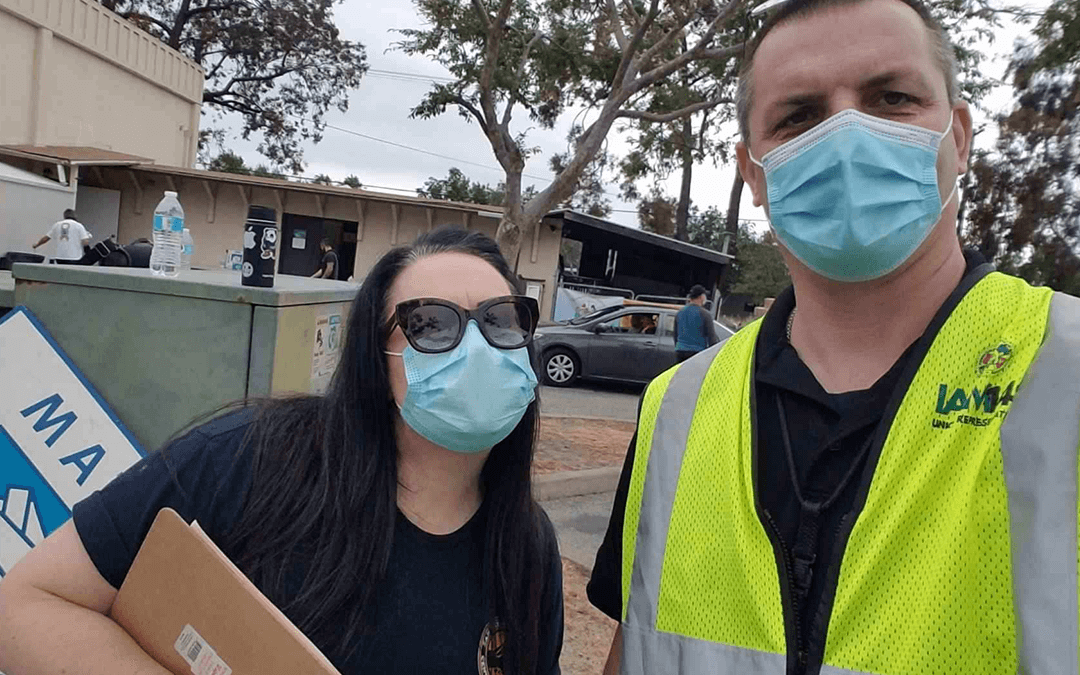
by Eric Price | Jul 29, 2020 | Airlines, American, COVID, Featured News, Front Page, MNPL, Organizing, Row 2, Uncategorized, United
The IAM along with other aviation unions are lauding 223 bipartisan members of Congress for calling for an extension of the CARES Act Payroll Support Program (PSP) through March 31, 2021. The program, which allocated grants to commercial airlines and airline...
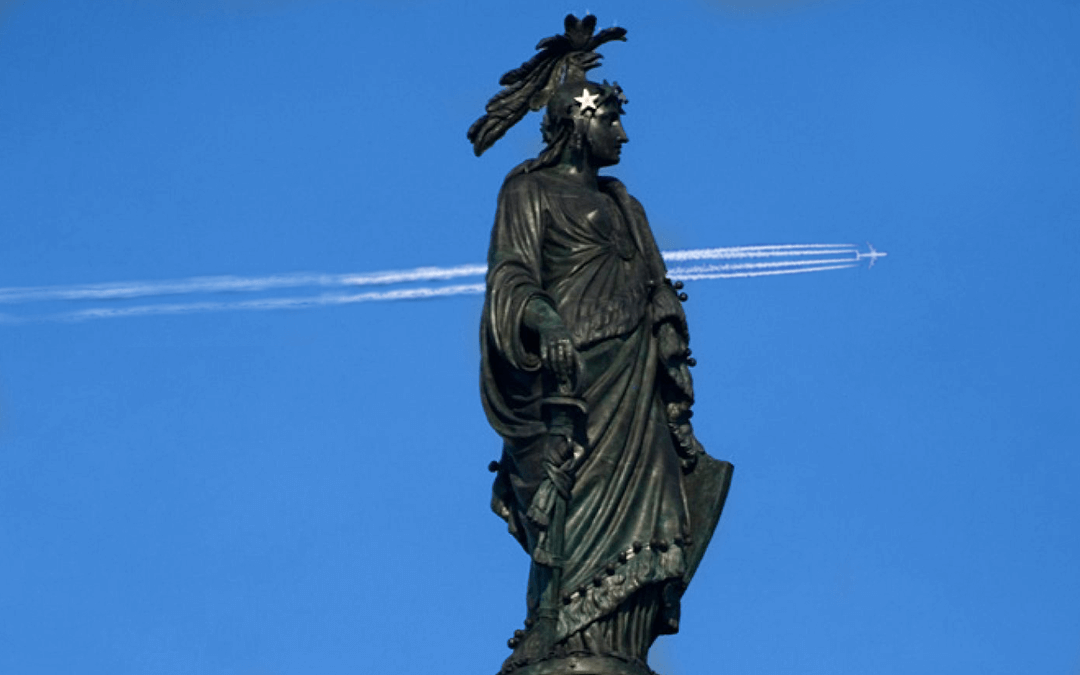
by Eric Price | Jul 28, 2020 | Airlines, American, COVID, Featured News, Front Page, MNPL, Organizing, Row 2, Uncategorized, United
More than 200 members of Congress have signed a letter supporting a union-backed plan that would prevent mass airline furloughs this fall. The letter, written by the Chair of the House Committee on Transportation and Infrastructure, Representative Peter DeFazio...







